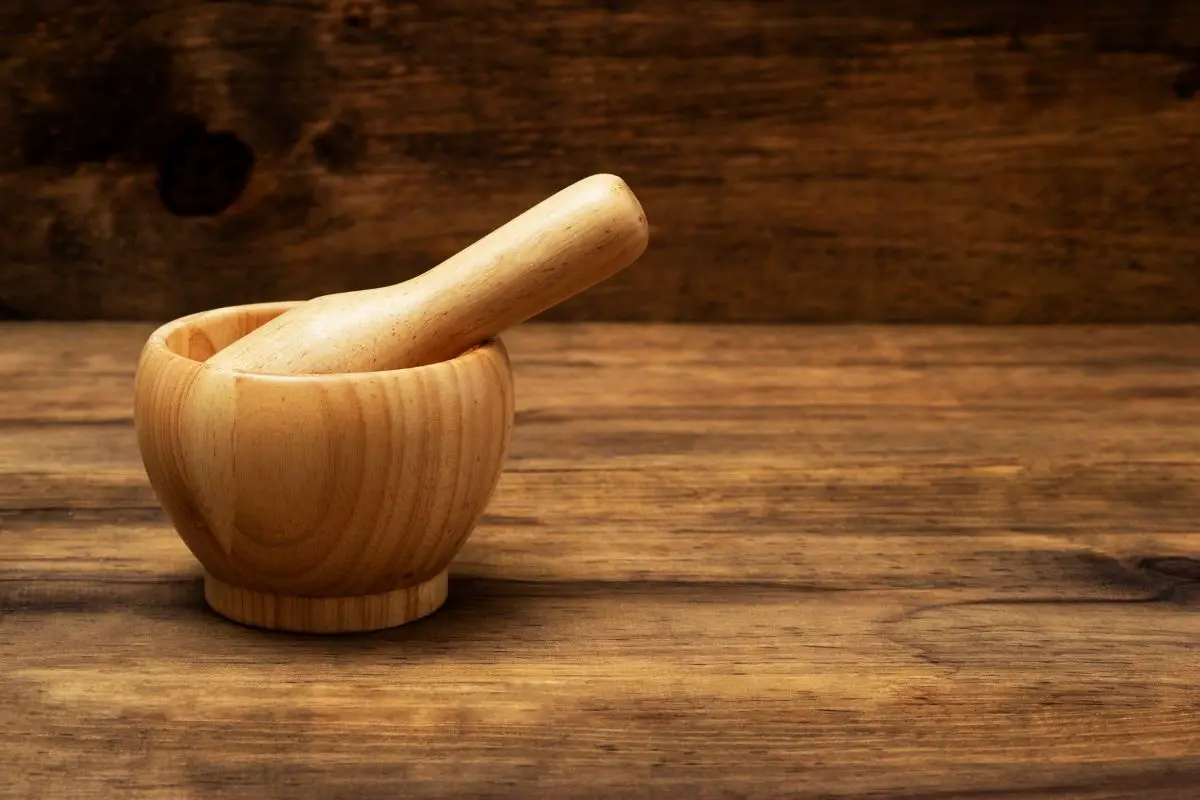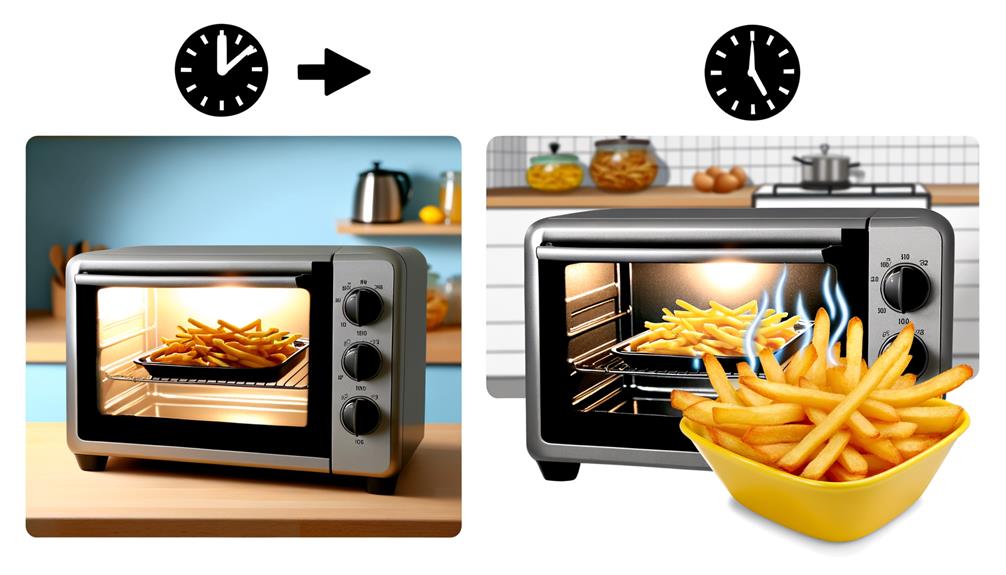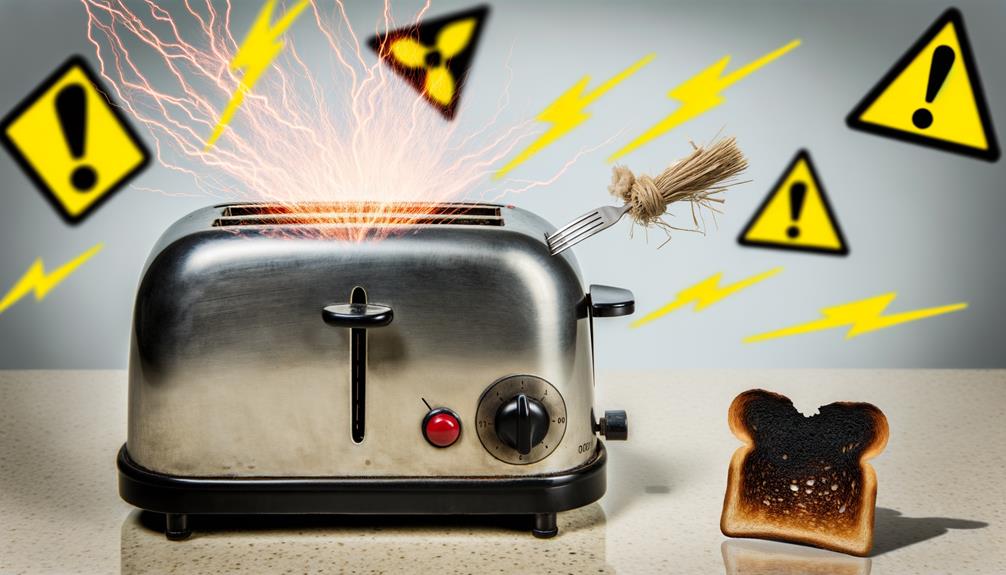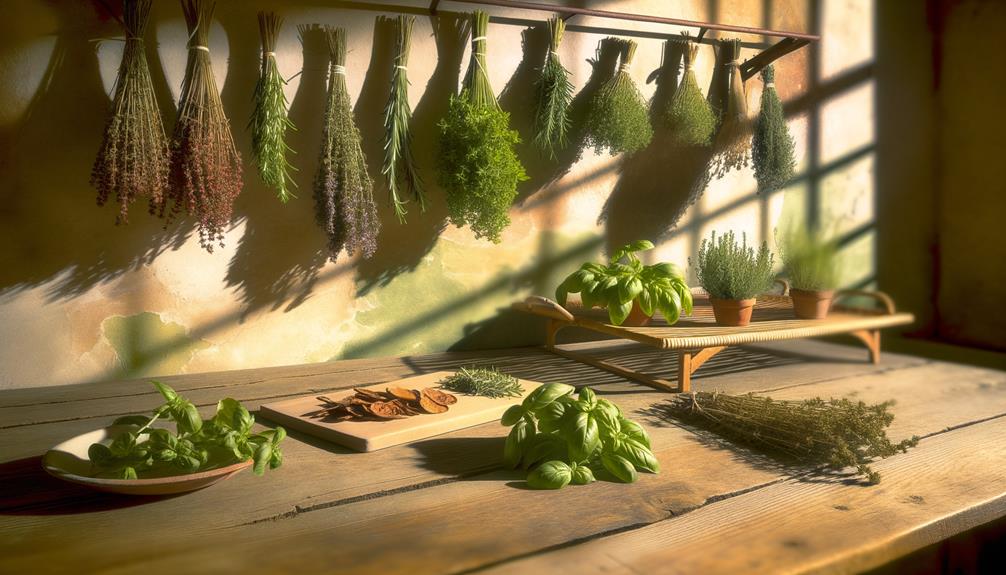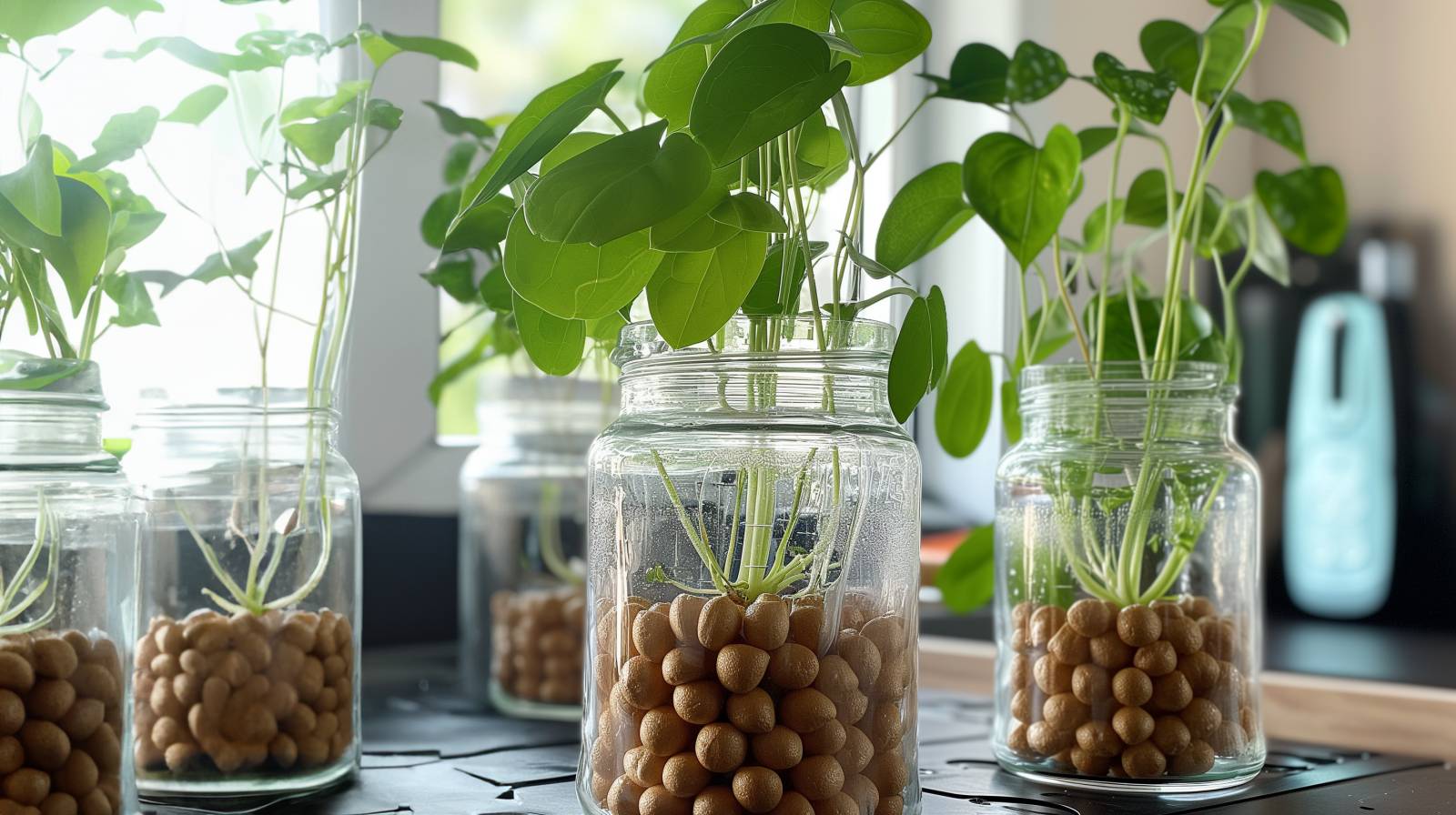The mortar and pestle were some of the first kitchen tools ever created. These tools are still used today, as they work very well at grinding down spices, salts, and even garlic.
Table of Contents
Toggle
Despite this, they can be difficult to clean, especially ones made of stone that doesn’t work well with dish soap. So, just how do you clean a mortar and pestle properly?
We’ll cover how to clean a mortar and pestle properly below. you’ll also find advice on how to handle ones made from different materials, like glass, metal, and wood.
Steps To Clean A Mortar And Pestle
Cleaning a mortar and pestle only takes 4 steps, along with an additional step that you should follow every few months.
Rinse With Water
You should begin by rinsing as much dirt, food, and debris from your tools as possible. These may be water-soluble substances, like fruit juice, or non-water-soluble foods, like oil or garlic.
It’s best to use hot water for this, as it cleans more efficiently than cold. The water doesn’t have to be boiling, but it should be more than warm.
Add Rice
After you’ve cleaned the old food from the tools, fill your mortar with dry rice or another neutral ingredient. This will act as a rough sponge that removes any caked-on dirt.
Fill the mortar to around half full.
Grind The Rice
Begin using the pestle to grind the rice into a powder. This will take some time and effort.
As the rice breaks down, it will scrub any remaining food off the tools and start to absorb any greasy liquids from them.
Dispose Of The Rice Powder & Rinse
Remove the rice powder from your bowl. If the mortar or pestle had grease on it, the powder may have turned into a paste.
Rinse with hot water to clean any leftover food particles from the bowl.
Now you can leave the tools out to dry naturally. Always keep your mortar and pestle in a roomy kitchen cabinet to prevent chips, cracks, and excess damage.
If you don’t have enough space, it may be better to keep it left out on a counter or inside a large drawer.
Mineral Oil Coating – Only For Wood
You can prolong your wooden mortar and pestle’s lifespan by seasoning them with mineral oil. Only do so if your tools are made from wood, and make sure that you’re only using food-grade mineral oil.
This will be safe for humans to consume and they won’t leave any lingering taste on the tools.
Wooden cookware should be seasoned a few times a year or when you notice them drying out. Seasoning with mineral oil can stop the wood from losing water, which may cause cracks or warping.
Can Olive Oil Be Substituted For Mineral Oil?
Theoretically, you could use any food-grade oil to season wooden cookware. However, you should still consider a few factors before doing so.
Lots of oils, like olive oil, will have a noticeable flavor. It’s best not to season wood with an oil that could affect your food later.
Oils all have different shelf lives depending on where they’re sourced from. All types of oils can expire and shouldn’t be consumed when they do so.
For instance, flaxseed oil can go bad at room temperature. It may be edible, but its flavor would affect any other foods it comes into contact with.
If you do have a wooden mortar and pestle, or any other wooden cookware, it’s always better to season with mineral food-grade oil.
How To Clean Different Mortar & Pestle Materials

Mortar and pestles are available in many different materials. You can find ones made from stone, wood, glass, and even ceramic.
The steps you should follow to clean them aren’t that different from each other.
However, you should take note if they are made from wood, as they’ll need a regular mineral oil coating to stop them from drying out.
Generally speaking, porous materials will take in water, oil, and soap when you try and clean them. These will be made from wood or stone and will need a heavier hand to clean them.
Delicate materials, such as porcelain, ceramic, and glass, will need to be treated carefully to avoid them breaking. Here are some basic guidelines to follow for each material.
Stone
Stone mortar and pestles made from granite, volcanic rock, or marble are porous. They have tiny holes within that can trap oil, water, and food particles.
To remove these substances, you need to use hot water to break down any remaining dirt. Afterward, you need to fill the mortar with white rice, then grind it down to clean it further.
Porcelain, Ceramics, And Glass
It may be obvious, but you should never grind a glass mortar and pestle too hard. This can make the glass break and cause injuries later. Delicate materials should be handled gently.
Use these tools in a slow and controlled manner, making sure you never press too hard.
These materials are easier to clean by using hot water. Glass, porcelain, and ceramics aren’t porous, so they won’t trap any dirt, food, or debris.
Metal
Metal isn’t porous, but it can become hot or cold easily. Never use boiling or very hot water to clean metal, as it could warp.
Generally, hot water will be more than enough, though you can use a little dish soap if you prefer.
Wood
Wood mortars and pestles may look beautiful, but they’re tougher to deal with. Wood is delicate and porous.
You’ll need to use the hot water and rice method to clean them without using too much force.
Seasoning with food-grade mineral oil is the best way to keep your wooden cookware in good condition.
Is Seasoning A Mortar & Pestle The Same Thing As Cleaning It?
Cleaning your mortar and pestle removes food and dirt from the tools, but seasoning is an entirely different process.
Seasoning a stone mortar and pestle involves removing tiny pieces of sand or rock left on the tools. This is usually done by grinding white rice in the mortar. Its abrasive nature removes these hard pieces so it’s safe to use later.
Cleaning a mortar and pestle may involve using rice, but the process also involves rinsing with water and drying.
Seasoning a wooden mortar and pestle involve coating them with mineral oil so the wood doesn’t dry out.
Conclusion
Mortar and pestles are great tools to add to your kitchen. They’re very good at grinding spices down and crushing foods like garlic and ginger.
Despite their advantages, they can harbor food particles and germs, so they need to be cleaned after each use.
You can use a little dish soap on ceramic, glass, and metal cookware, but never use it on porous materials, like stone or wood. Hot water and the white rice method will be enough to clean these well.
Remember to take care when handling mortar and pestles made from delicate materials, like glass or porcelain. These need to be handled gently to avoid them breaking.

